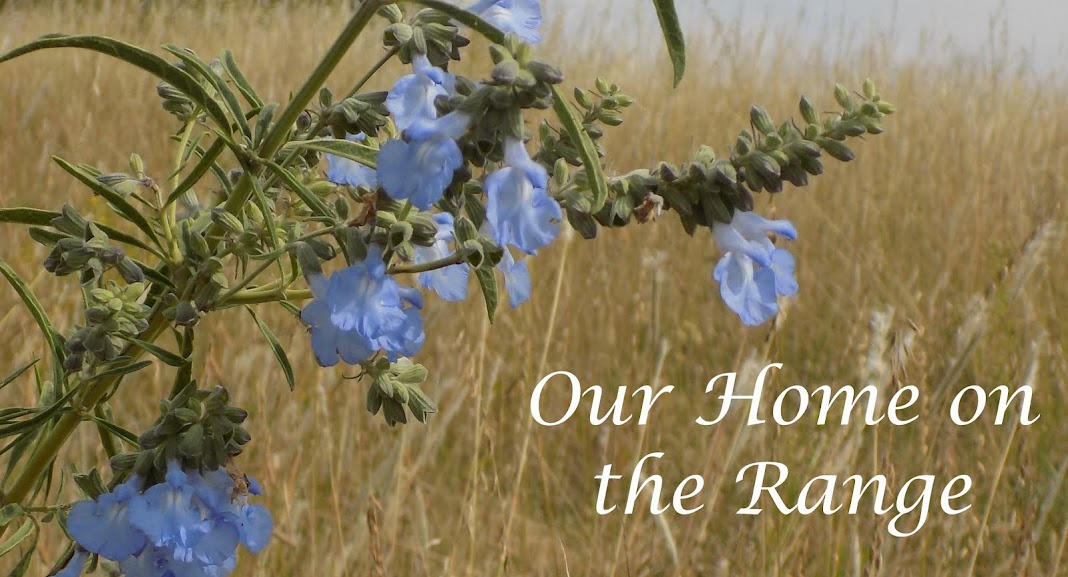After reading Bleak House last year and loving it so much, I decided I should read a book by Dickens every year. This year, Oliver Twist was on First Son's reading list for seventh grade, so it seemed the perfect choice for my Dickens for the year.
Oliver Twist is the familiar tale of an orphan abused by the church organization meant to care and protect him and threatened by the vermin (the human kind) of London's criminals. Beginning with sarcastic descriptions of the arrogant and small-minded behavior of the church authorities caring for orphans (and the widows and the poor), it quickly devolves into frighteningly dangerous situations. As a mother, I think I was more disturbed by these scenes than First Son will be when he reads them.
The night was bitter cold. The snow lay on the ground, frozen into a hard thick crust, so that only the heaps that had drifted into byways and corners were affected by the sharp wind that howled abroad: which, as if expending increased fury on such prey as it found, caught it savagely up in clouds, and, whirling it into a thousand misty eddies, scattered it in air. Bleak, dark, and piercing cold, it was a night for the well-housed and fed to draw round the bright fire and thank God they were at home; and for the homeless, starving wretch to lay him down and die. Many hunger-worn outcasts close their eyes in our bare streets, at such times, who, let their crimes have been what they may, can hardly open them in a more bitter world.I had considered an audio version of this book for our Grand Adventure, but I'm glad we didn't listen to it aloud with the whole family; I found it a little grim for the little ones including domestic violence, a terrible murder, a hanging, references to adultery, and a dog that "dashed out his brains". First Son should be able to handle it.
"I have seen enough, too, to know that it is not always the youngest and best who are spared to those that love them; but this should give us comfort in our sorrow; for Heaven is just; and such things teach us, impressively, that there is a brighter world than this; and that the passage to it is speedy. God's will be done! I love her; and He knows how well!"One of the criminals brutally murders his lover (clearly not his wife, though subtly described so the nonobservant young teenage boy may not realize it). The murder is described, but in a way to condemn the action rather than glorify it (as some modern novels and media seem to do). After the murder, the dread only grows:
Of all bad deeds that, under cover of the darkness, had been committed within wide London's bounds since night hung over it, that was the worst. Of all the horrors that rose with an ill scent upon the morning air, that was the foulest and most cruel.
The sun--the bright sun, that brings back, not light alone, but new life, and hope, and freshness to man--burst upon the crowded city in clear and radiant glory. Through costly-coloured glass and paper-mended window, through cathedral dome and rotten crevice, it shed its equal ray. It lighted up the room where the murdered woman lay. It did. He tried to shut it out, but it would stream in. If the sight had been a ghastly one in the dull morning, what was it, now, in all that brilliant light!The murderer suffers for his crime.
Oliver Twist does contain what might be one of the best chapter titles I've ever read (chapter 36):
Is a very short one, and may appear of no great importance in its place, but it should be read notwithstanding, as a sequel to the last, and a key to one that will follow when its time arrivesIt's not my favorite Dickens. I'm glad I read it and I think it will serve well as First Son's first Dickens. The mystery and griminess will appeal to a boy of twelve or thirteen, and it introduces well the plight of the poor, one which continues today as much as it did in the time of Dickens.

